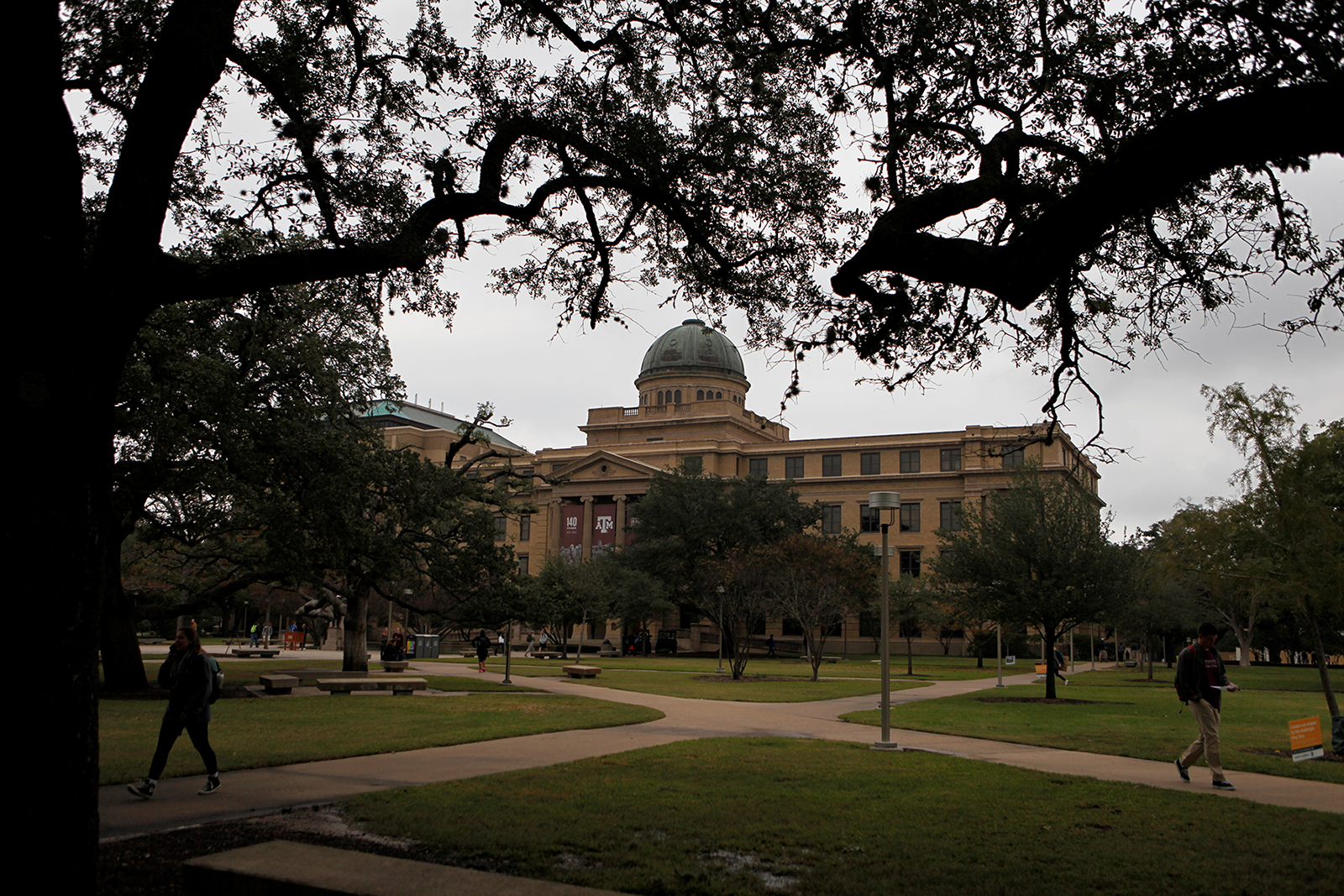From July 2021 to March 2022, more than 1,100 books have been challenged or banned from school libraries and curriculums across the country, according to an “Index of School Book Bans” compiled by PEN America.
These book challenges and bans have followed a pattern, focusing primarily on people of color and the LGBTQIA+ community, according to the American Library Association.
Virginia is among the top 10 states in book banning conflicts, according to a PEN America study. There, the ongoing battle has led most recently to a state judge throwing out a decades-old state obscenity law that had the effect of imposing a prior restraint on book distributors. And it stirred widespread opposition including one of the largest booksellers in the nation, Barnes & Noble.
“Gender Queer: A Memoir,” an auto-biographical graphic novel by Maia Kobabe about identifying as nonbinary and being asexual, is one of the most frequently challenged books in the country and also in the state of Virginia, where it was the focus of a recent petition in Virginia Beach Circuit Court.
The petition challenging “Gender Queer” in Virginia Beach was filed in conjunction with another focused on “A Court of Mist and Fury,” a romantic fantasy novel by Sarah J. Maas.
Jeff Trexler, interim director of the Comic Book Legal Defense Fund and Kobabe’s attorney, said the environment in Virginia in regards to book banning comes from an “atmosphere of uncertainty around the educational system.”
Trexler says some parents have a sense that the school system is “more interested in converting kids to a particular lifestyle or serving various diversity interests than it is in developing fundamental academic skills or preparing them for college.”
“Certain books have become totems for that concern, with ‘Gender Queer’ arguably the most prominent among them,” he added. “That’s made it a target for removal, a literary scapegoat to be expelled.”
The two petitions, which were recently dismissed, argued a decades-old law to find the books obscene and restrict their distribution.
Circuit Court Judge Pamela Baskervill stated the law was “unconstitutional on its face” in her dismissals filed Aug. 30. She wrote that it violated the First Amendment because it “authorizes a prior restraint.”
This law allows any person in Virginia to file a petition against a book they believe is obscene. If a court finds probable cause, publishers, authors and other distributors must reply with facts arguing why it’s not obscene. But without a response, the court finds the book obscene automatically and anyone who continues to distribute the book “is presumed to have knowledge that the book is obscene” and can be criminally prosecuted, according to the law.
Matt Callahan, senior staff attorney for the ACLU of Virginia which filed a challenge to the petitions on behalf of local booksellers said he believes the last reported use of the law was more than 30 years ago.
“The Petition does not allege facts sufficient to support a finding, under the terms of Va. Code §18.2-384, that the Book is obscene,” Judge Baskervill wrote in both filings for dismissal.
The petitions, filed by Virginia House Republican delegate and attorney Tim Anderson on behalf of his client Tommy Altman, argued that the books contain descriptions and illustrations of sexually explicit content.
Trexler alleges that the initial petition against “Gender Queer” was politically motivated. When the order to show cause was originally filed back in May, Altman was running for an open congressional seat. He lost in June.
The petitioners hoped to limit children under the age of 17 from acquiring the books in Virginia public school libraries, as well as requiring parental consent for purchase of these books from private booksellers, such as various Barnes & Noble locations.
“Sexually charged books marketed to children by trusted adults should be carefully scrutinized as to how a young mind may inappropriately interpret not only the images and words but why a trusted adult is recommending the material to them,” stated a brief filed by the petitioners on Aug. 5.
The brief argued that the petitions were not attempting to ban the books or prevent “children from having access to books — they are about protecting children from obscene content in these two particular books.”
“Books are not being tossed into bonfires or confiscated from bookstore shelves,” the brief stated. Attorneys representing Barnes & Noble, though, emailed a letter to the court Aug. 30 in which they stated that “This glib reassurance is not heartening.”
Barnes & Noble argued in a reply brief filed Aug. 15 that since the petitions requested the court to “impose restrictions on the sale and distribution of books, this case raises profound First Amendment questions that require scrupulous adherence to the substantive law and the parties’ due process rights. For example, U.S. Supreme Court rulings directly prohibit any TRO [Temporary Restraining Order] of any allegedly obscene work prior to a full evidentiary hearing.”
Judge Baskervill further noted that this law “imposes a presumption of scienter,” meaning someone is intentionally distributing obscene material, to “persons who have no knowledge that a book may be considered obscene.”
Deborah Caldwell-Stone, director of the Office for Intellectual Freedom at the American Library Association which filed an amicus brief in this case, said if these petitions were successful, librarians would have been at risk for criminal liability if they had the books on their shelves and distributed them.
“Libraries would have been prevented from acquiring those books and making them available to their users when we were certain that neither book was obscene under law,” Caldwell-Stone said. “So we felt a necessity to participate in the litigation either as amicus or if the court felt that it was appropriate as a party of interest.”
The 1973 Supreme Court case Miller v. California ruled that to determine if a specific material is obscene, it must meet three requirements under the so-called Miller test.
According to Miller, first, it must be decided that the “average person, applying contemporary community standards, would find that the work, taken as a whole, appeals to prurient interest.” Second, “whether the work depicts or describes, in a patently offensive way, sexual conduct specifically defined by the applicable state law.” And finally, “whether the work, taken as a whole, lacks serious literary, artistic, political, or scientific value.”
“This work was not, will not and never will be obscene,” Trexler said. “This is a reflective memoir. If looked at through the lens of the three-pronged Miller test, Trexler said, “it’s literary, it’s artistic, it’s political, it’s scientific. This is a constitutional grand slam.”
Despite this small victory in Virginia Circuit Court, “Gender Queer: A Memoir” has been challenged or banned in 29 school districts across the U.S., according to the “Index of School Book Bans.”
“The attempt to resurrect this old law and use it to deter the circulation of mainstream books was a very surprising development, I think, and one we’re glad to see the court put an end to,” Callahan said. “That being said, the petitioner still has 30 days from the day of the entry of the order to appeal so it’s possible that we’re not done with these cases yet.”
Book Banning: Public Libraries Versus Public Schools
Jonathan Friedman, director of Free Expression and Education Programs at PEN America, says the discussions about book banning must focus on the trend of the last year, as there has been an “unprecedented uptick” in the number of banned books since the summer of 2021.
“It began with what appeared to be individuals making complaints, and it has evolved over the past year into being more orchestrated and coordinated by online groups with lists of books that they demand all must be removed from school libraries, and the tremendous amount of activity spreading to numerous states has also led to an effort that is increasingly also targeting public libraries, no longer just schools,” Friedman said.
Friedman says these groups are encouraging the book challenges, and “there is a kind of moral panic being fanned,” referencing parent reactions to the types of books their children read, whether focused on critical race theory ideologies, gender identity or sexual orientation.
In Board of Education, Island Trees Union Free School District v. Pico (1982), the Supreme Court’s majority opinion stated that school libraries have “special characteristics,” making “that environment especially appropriate for the recognition of the First Amendment rights of students.”
“Local school boards may not remove books from school library shelves simply because they dislike the ideas contained in those books and seek by their removal to ‘prescribe what shall be orthodox in politics, nationalism, religion, or other matters of opinion,’” the majority opinion stated.
Pico decided that a school board does have limited discretion over what materials are available in its schools, but the motivation behind removal may only be based on “established, regular, and facially unbiased procedures for the review of controversial materials.”
Public libraries, on the other hand, are subject to greater public access, and one “would expect that there’s an even greater array of materials available for someone to read,” Friedman said.
Books focused on LGBTQIA+ expression or any notions of critical race theory are the main subjects of these book challenges and bans, both Caldwell-Stone and Friedman said.
“We’ve seen an effort by some advocacy groups, specifically groups like MassResistance and anti-LGBTQ rights groups, to claim that any availability of books dealing with gender identity or sexual orientation, or that acknowledge the fact that gay people exist, are inherently inappropriate for any minor to see, that it’s illegal for a library or any adults to make materials available as they would say ‘normalize perversion,’” Caldwell-Stone said.
According to the American Library Association’s Office for Intellectual Freedom, the top three books challenged in 2021 were “Gender Queer,” “Lawn Boy” by Jonathan Evison, and “All Boys Aren’t Blue” by George M. Johnson. All three have been banned, challenged and restricted in various parts of the country for LGBTQIA+ content and were considered to contain sexually explicit content and images.
Caldwell-Stone says there’s been a strong effort to eliminate materials that focus on experiences of traditionally marginalized communities from K-12 schools. But, the attempt to restrict access in public libraries should have “no play at all,” she said.
“Public libraries are government institutions that should be governed by the First Amendment and should represent the interests of everyone in the community, and not just the interests of one group, or be governed by a group’s political or moral ideology,” she said.
Banned Books Week, sponsored by organizations which are dedicated to the freedom of expression, celebrates the freedom to read Sept. 18 to 24.
PETITIONER’S OMNIBUS BRIEF FILED AUG. 5
JUDGE BASKERVILL DECISION RE: GENDER QUEER FILED AUG. 30
JUDGE BASKERVILL DECISION RE: A COURT OF MIST AND FURY FILED AUG. 30
Tags



